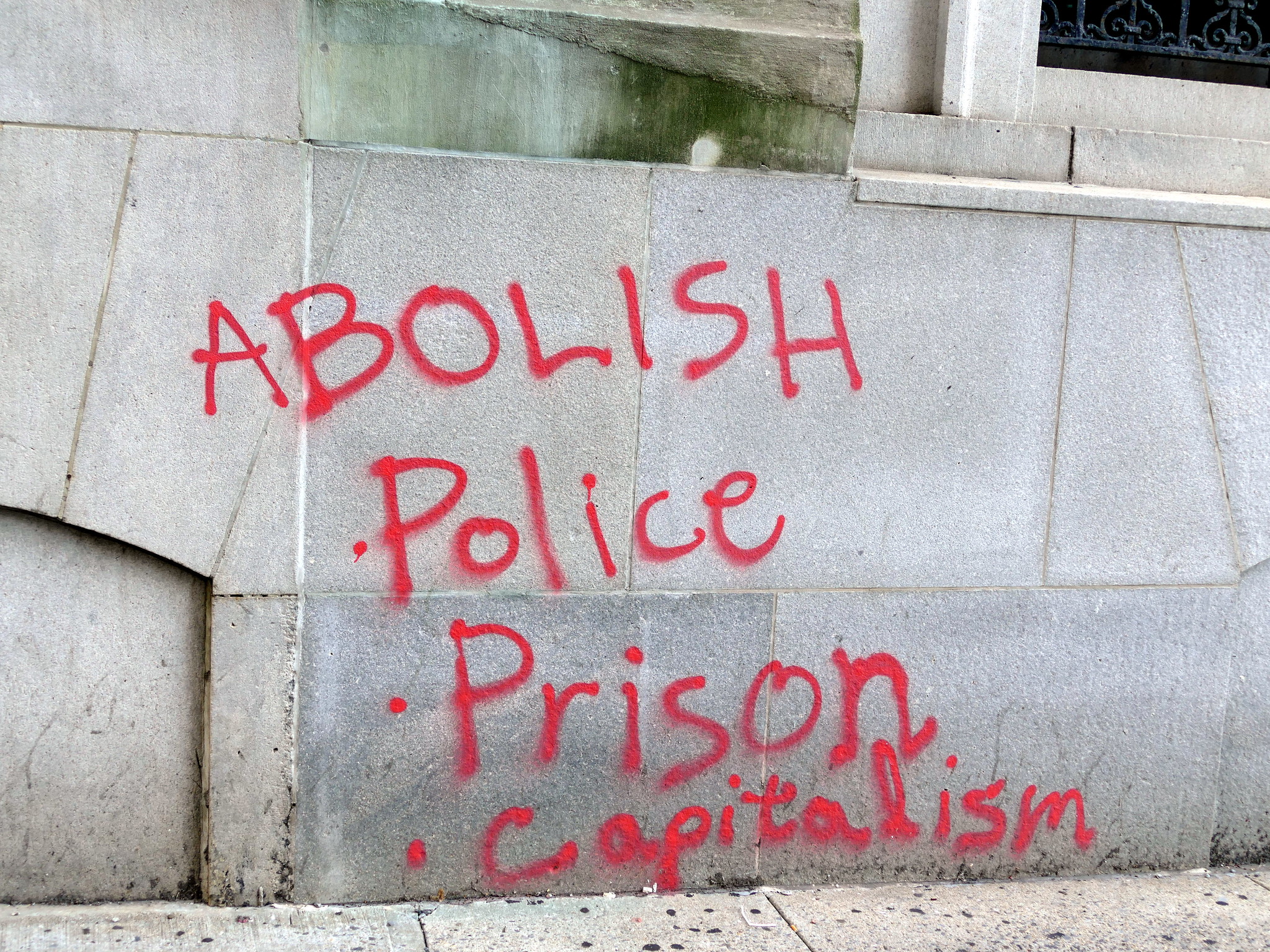Online disagreements, and even unintended slips, can end a person’s career. One stray word is all it takes to turn a hero into a pariah. What lies behind the hair-trigger we have placed on the reflex to “cancel” others? It may be a matter of confusing two separate moral codes.
Several economists, including Paul Heyne, Geoffrey Lea, and Kenneth Boulding, have made the distinction between two codes of conduct. On one hand, we have the code of “Micro” relationships between our family and friends. On the other hand, we have the code of “Macro” relationships of work and trade. If, as Aristotle says, justice is “giving to each what is his due,” then we can see why personal justice in the micro realm is different from impersonal justice of the macro realm.
Micro and Macro relationships are different mainly due to the information which is available to the participants. Micro relationships involve behavior which requires an intimate knowledge and care for the other person, consisting of values such as “openness, equity, fairness, and love,” according to Lea. This is the conduct which is “ingrained in our biological matrix, helping mankind survive in close knit groups in the small bands of our distant ancestors by emphasizing ideals like family and self-sacrifice.”
The conduct of Macro relationships is different, owing to the relative lack of knowledge about the other person. These are the rules which allow the free market economy to work, supporting a fluid framework of interactions by emphasizing “privacy, reciprocity, property, and respect.” This code of conduct is what allows us, in the words of Adam Smith, to “stand at all times in need of the cooperation and assistance of great multitudes, while [our] whole life is scarce sufficient to gain the friendship of a few persons.”
Human beings are capable of using both of these codes. However, we need to use discretion to know which situations are appropriate for Macro behavior and which are appropriate for Micro behavior. When we confuse the two, injustice, confusion, and unintended consequences can result. As Hayek argues, “If we were to apply the unmodified, uncurbed, rules of the Micro-cosmos (i.e., of the small band or troop, or of, say, our families) to the Macro-cosmos (our wider civilization), as our instincts and sentimental yearnings often make us wish to do, we would destroy it.”
Because they are such a deep part of our biological heritage, we are often prone to use Micro rules where it is not appropriate. Lea hypothesizes that this is why redistributive taxation can sound so intuitively right and just to some. It is the sort of generous mentality we use with our friends and family.
Paul Heyne uses an apt example of the criminal justice system to show how actions which may be just in personal micro relationships become arbitrary and unjust when applied in a larger macro context. Heyne cites how Mother Teresa once wrote to the governor of California, asking him to pardon a criminal on death row, because “that’s what Jesus would have done.” According to Heyne, Mother Teresa was confusing Micro and Macro codes: “A judge who forgives a convicted criminal is not a candidate for sainthood but impeachment … arguments against capital punishment must take into account the fact that the morality of large social spheres is simply different from the morality of face to face systems.”
If we did not use objective laws and standards of proof in the criminal justice system, but substitute varied penalties based on the private attitudes of a few people, the system would not be fair; it would be arbitrary and unjust. Regardless of questions about the death penalty, the point stands: Different systems require different codes in order to function in an ordered and just way.
But Lea, Heyne, and Hayek do not discuss one unique part of our lives which confuses the codes of Micro and Macro interaction: the world of social media. Social media is confusing, because it gives the illusion of being an occasion for Micro relationships, while usually enabling only Macro relationships. The reason for this confusion is how information is perceived and delivered on social media.
Facebook and Twitter give us the illusion of personal interaction in the form of intimate glimpses into the lives of others. However, these glimpses are tightly controlled and incomplete. Interactions on the internet usually remain just that: internet-only interactions without any actual personal contact. As a result, we usually see only the best possible version of people as they present themselves – or their worst possible version as their enemies present it. Instagrammers take their best attributes, while social justice warriors try to find evidence of others at their worst moments, and “dox” them online. We only see heroes and villains.
The temptation is to assume that this filtered perspective is the reality. And with limited information, it seems that people are far more likely to play the role of an inquisitor than Mother Teresa. For example: If a friend attempted to justify something which we thought wrong or hateful, we would not usually “cancel” them. We would consider what they said in context of their good attributes, their level of character development, and their personal struggles. By comparison, a similar interaction on social media often misses all of this personal context.
This is not to say that social media outlets are useless or evil, but that they can be deceptive. Internet interactions can present challenges in knowing which type of behavior to apply: micro, macro, or a combination of the two. Confusing the two realms can have grievous personal, social, and political consequences.
(Photo credit: The All-Nite Images. CC BY-SA 2.0.)

